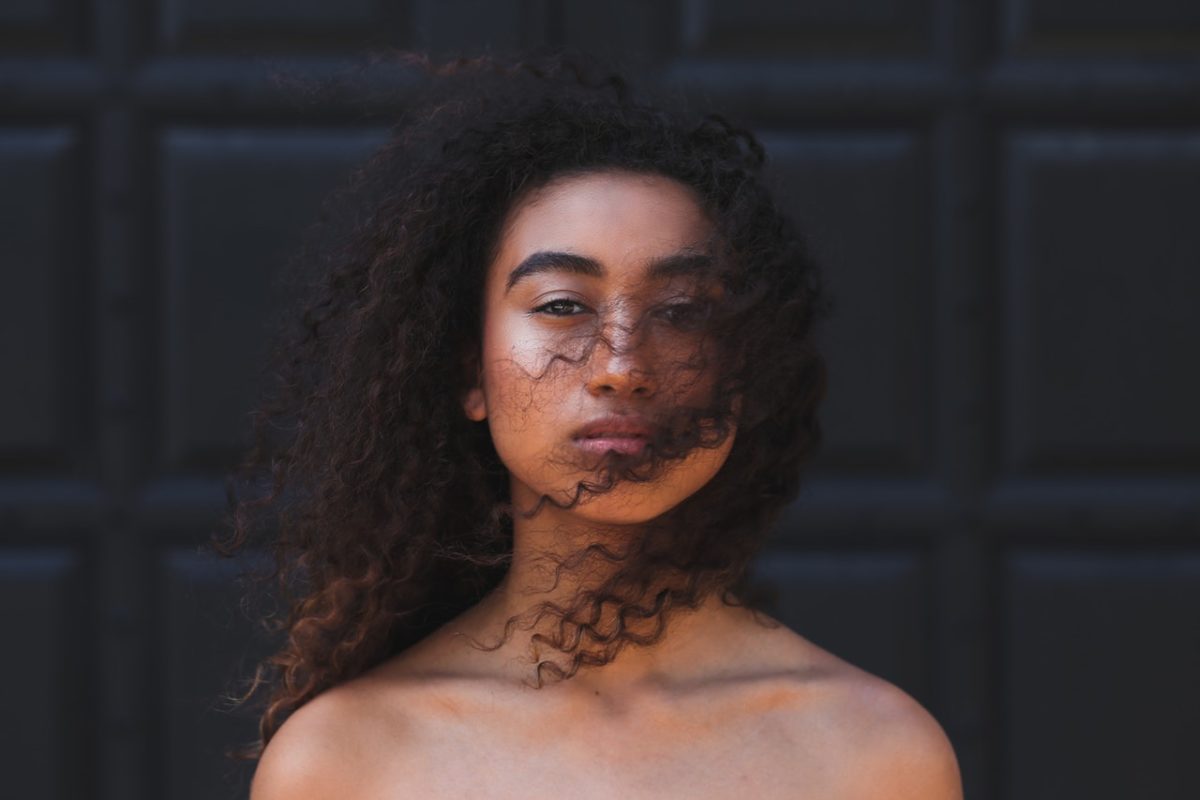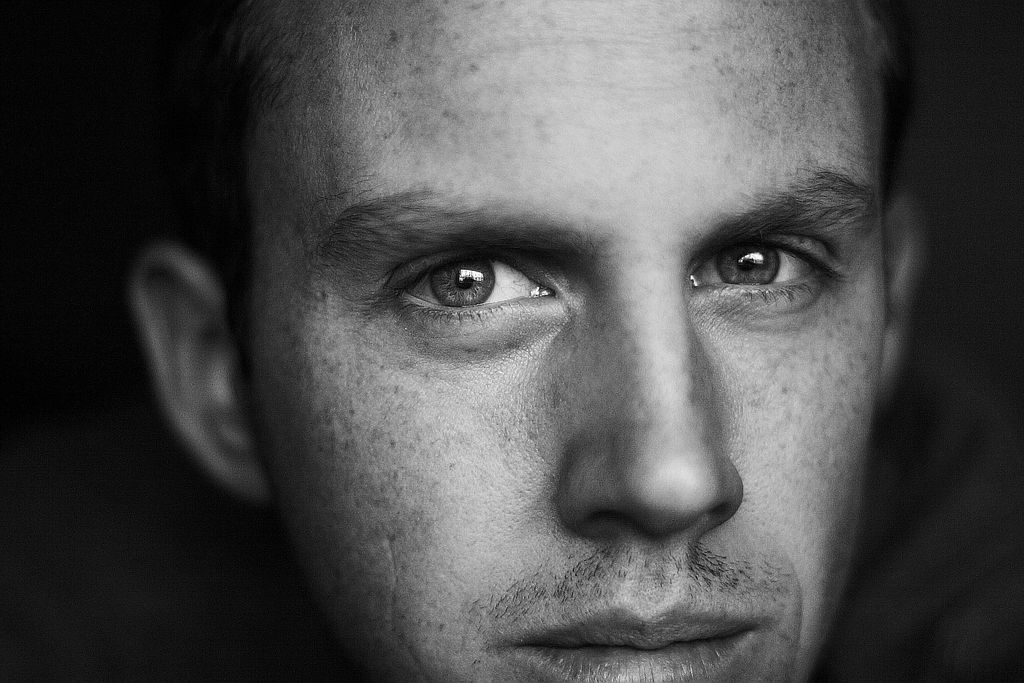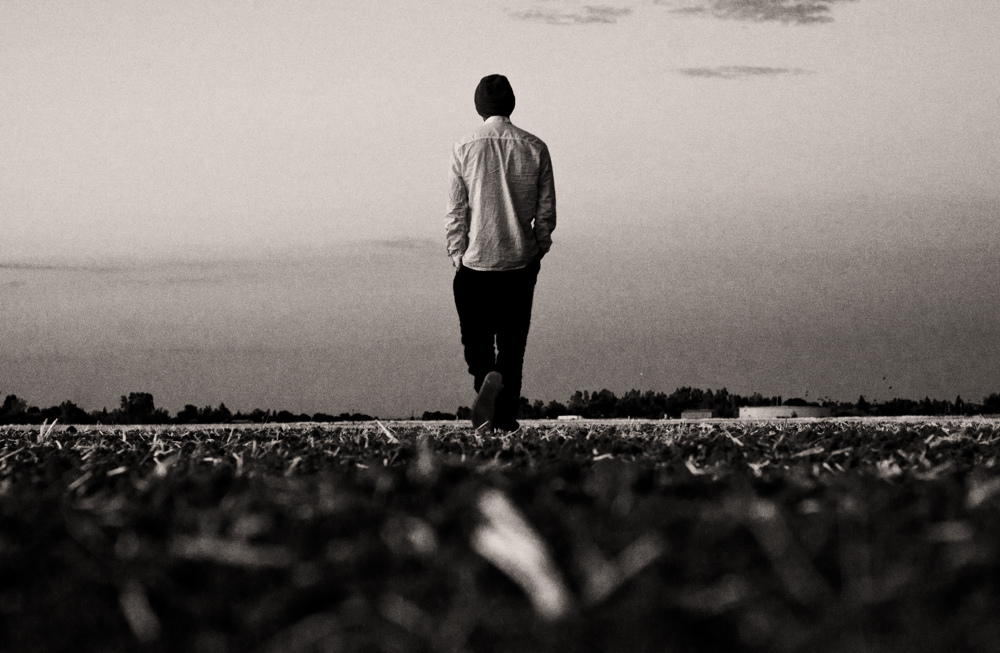“To travel is to take a journey into yourself” – Danny Kaye
I achieved my biggest dream and it didn’t make me happy. That was when I had my epiphany.
I live in Namibia and all through my childhood and teenage years, my dream was to go study in the US. I guess a better education and higher standard of living were part of my motivation for pursuing this dream. But if I’m to be brutally honest, I wanted to go to America because I thought it would be my social utopia.
You see, I’ve always been a socially awkward person. I’m very introverted and I find social gatherings of any kind very stressful. I struggle to hold even simple conversations with people, and I tend to be painfully shy. Basically, I am that person that will reply “I’m OK, how are you?” when you ask me what my name is. And I am that jerk that would see your call and still choose to let it go to voicemail instead of answering.
Naturally, I find it quite difficult to maintain friendships, and throughout my life, I felt isolated and disconnected from people. But watching Disney shows and American movies, America seemed to me like the place where everybody belonged, a place where everybody, geeks and hipsters alike, had their own cliques and groups that they were a part of. And so, I dreamt of going to America so I could finally connect with people, have friends, and finally feel a sense of belonging. America was the place where I would find my crowd, tell my stories and have my voice heard.
And so, I did achieve my dream. In 2016, I got to finally go where I thought my home was, America. There was only one slight problem: I couldn’t connect with the people there either. On top of my own social awkwardness, I discovered there were tons of other bricks that would form the wall between me and the people there. For the first time, I discovered, I spoke with an accent which meant I had to constantly repeat the things I said because they couldn’t understand what I was trying to say. I mispronounced words, and I got confused stares whenever I referred to my sweater as a “jersey” or stop lights as “traffic robots.” I didn’t know Benadryl was a common household medicine. I didn’t get all the Charlie Brown and Simpsons references. I didn’t know how to play Scrabbles, Connect 4 or Apples to Apples. I was a bird in the sea and a fish in a tree.
Perhaps even more disappointing was that nobody was interested in my stories. Nobody wanted to hear what I had to say. My stories of Africa were strange and at times barbaric for them. When I tried to tell about disappointing politics here, they looked at me not with empathy, but with pity. I couldn’t connect with them by telling stories of finding comedy in hardships, or by relaying anecdotes of grown men being mesmerized by the sight of the very first escalator in the country. They didn’t laugh when I tried to tell them these things, but they wore the look pity on their faces. And when I tried to explain Namibian history to them that look on their faces turned to pure boredom.
I couldn’t connect with them.
I felt hopeless, disillusioned, and lonelier than ever. Back home, when I couldn’t connect with people, I found comfort in telling myself that someday, when I moved to America, I would finally find the place I belonged. I would have my voice heard and I would be home at last. Now, in America, to my already heavy burden of loneliness, hopelessness was added. I could no longer hope that the future held something better. I could no longer lie to myself that I would find my social utopia, eventually. This was it, and I would just have to accept the fact that I would be isolated and disconnected forever, that I would never feel at home anywhere.
After a lot of reflection, and to be honest, a lot of disillusioned moping, I realized the grave mistake I had made. I didn’t realize that even if my location changed, I would still be the same person. My shyness and social awkwardness wouldn’t magically disappear when I moved to the States. It was my own shortcomings and my own queerness that prevented me from connecting with people, and it was never because I was with the wrong people.
If I wanted to no longer feel isolated, I had to accept the faults and imperfections in my personality and work with them to find my home. I struggled to communicate with people through normal conversations, but I realized that perhaps connecting with people through written words was best for me. Perhaps my home isn’t in Namibia or in America, but it’s wherever I can write and share my stories.
I still have a long way to go before I reach home, but I’m confident I will get there.
Where do you think your home is?




Follow us on Instagram
possibilitychange